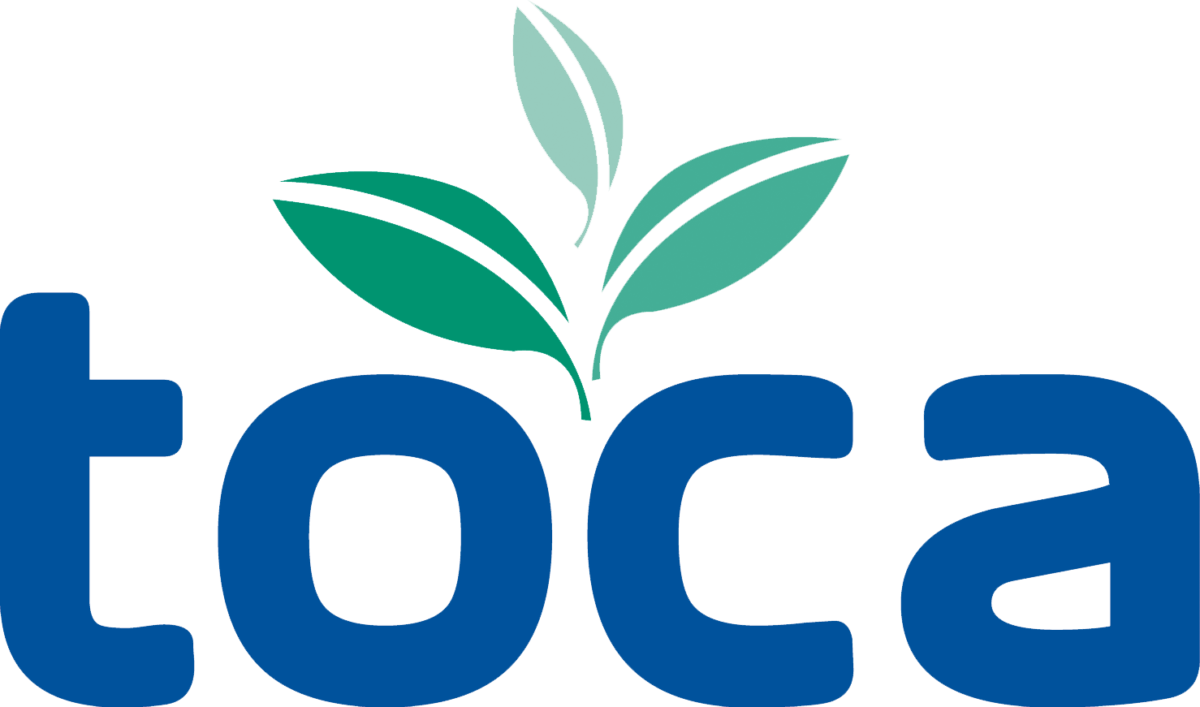The deconstructed salad – writing for different platforms
By Jill Odom
The keynote presentation during the 2021 TOCA Annual Meeting was presented by Omar Gallaga with the Poynter Institute. In his presentation, “The Deconstructed Salad – Writing for Different Platforms,” he touched on finding your writing voice, figuring out your audience and how to create a podcast.
This presentation was quite interactive, with Gallaga providing TOCA attendees with multiple writing assignments. If you want to try your hand at these mini writing challenges, they are listed below.
What do you bring to your writing?
Every writer has a voice, whether you’re aware of it or not. Gallaga said some of the elements you could bring to the table include personality, deep knowledge, a way with words, a different point of view, good sourcing and research – or even enthusiasm.
As for what makes good writing, a memorable narrative, humor, characters, emotion or connection with the reader can make a piece of writing compelling. While information and data are important, people remember the story that tied it together.
Gallaga stressed that good writing doesn’t happen by accident. Even first drafts should be revised and revisited. He said while not every story is a masterpiece, you should still care what you put out there. If you don’t care about what you’re writing, neither will the reader.
Writing assignment: Answer each of these questions in one sentence. Who are you? Do you enjoy writing? What do you bring to your writing?
Be mindful of your audience
When you know your audience, you will know what stories resonate with them. The American population is becoming more diverse and this goes beyond race or gender. Individuals’ age, sexual orientation, socioeconomic status, religion, nationality, political belief and more influence how they view the world.
When you write with your audience in mind, be aware of the diversity within that audience. Gallaga advised conducting market research if you don’t truly know the demographics of your ideal reader.
Writing assignment: What is the most interesting thing that happened to you in August? Describe it in three to four paragraphs with a specific audience in mind.
How to make a podcast
With the bounty of podcasts out there, it may seem that producing your own is relatively easy, but it’s become harder and harder to stand out because the market is oversaturated. Gallaga said only 1 percent of podcasts actually make money and they are a major grind to produce. Due to the amount of work involved and lack of return, he encouraged TOCA members to have other compelling reasons to produce a podcast – aside from making money.
To get a podcast started, you need a memorable name, logo and focus. It’s important to pick a good niche and decide on the length and structure. Gallaga said good podcasts contain tight writing. He also suggested creating three or four episodes before officially launching.
Before starting, it’s crucial to decide on your goal and exit plan for the podcast. Don’t commit to a weekly podcast if you can’t consistently release an episode on that schedule. One solution is to have podcast seasons. First, this allows hosts to take a break. Second, a limited run series keeps you from having to produce episodes indefinitely.
Writing assignment: In less than 100 words, pitch a name and concept for a podcast that you’d want to listen to or produce yourself.
Key takeaways
At the end of the day, it’s important to be authentic, interesting and have fun with your writing. Know who you’re writing for and don’t forget who you’re writing for. Be kind to yourself. All of your writing may not be great, but it’s good to practice no matter what.
